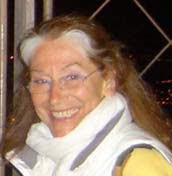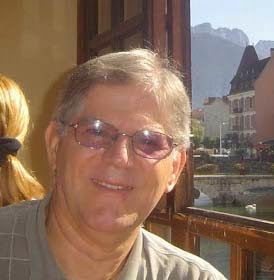 by Madeleine Kando
by Madeleine Kando
March 20, 2020 (1 week into self-isolation)
Today is a beautiful, crisp and sunny day. My husband and I decide to go for a stroll on the beach, to breathe in some coronavirus-free air. An hour’s drive is worth it. It is wonderful. The white foamy crests on the waves, as they fold themselves over like shy bearded giants, repeat themselves over and over again. It’s not like you miss anything if you look away. They perform for free, all day long. The fresh ocean air fills our lungs. We walk, hand in hand, flaunting our noses to the 6 feet distance rule. Aren’t we one and the same body after all these years?
I hold my puffy, sleepless face in the wind, squinting to protect my eyes from so much sunlight. Are we really living a nightmare? Or did I just dream it? Why are the clouds and the dunes, the sand and the seagulls so clueless? Don’t they know what’s happening? Where is the panic, the stress, the heart palpitations?
As I follow a trail of child foot prints vanishing in the distance, the moist sand under my feet sparkles with millions of glittering mica particles, like a universe filled with stars. It is mesmerizing. Just like the pictures I saw of the Corona virus floating in the air after a sneeze. Floating in the air, everywhere, invading our lungs and killing us one by one.
‘Stop it right now!’ a voice tells me. ‘Stop with this OCD nonsense. Enjoy the beach!’ Read more...













